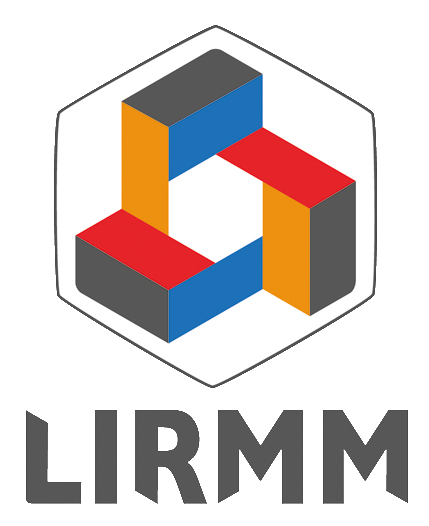-
Robin ARCANGIOLI, PhD student
-
Amine BALAFREJ, PhD student
-
Mohamed-Bachir BELAID, PhD student
-
Eric BOURREAU, Assistant professor
-
Nicolas BRIOT, PhD student
-
Berthe CHOUEIRY, Invited professor
-
Rémi COLETTA, Assistant professor
-
Abderrazak DAOUDI, PhD student
-
Romuald DEBRUYNE, PhD student
-
Redouane EZZAHIR, Professor
-
Youssef HAMADI, PhD student
-
Fabien HERVOUET, PhD student
-
Areski HIMEUR, PhD Student
-
Gaëlle HISLER, PhD student
-
Victor JOST, Bachelor student
-
Fred KORICHE, Associate professor
-
Mehdi MAAMAR, PhD student
-
Arnold MAESTRE, PhD student
-
Younes MECHQRANE, Postdoc
-
Richard PATERSON, PhD student
-
Mathias PAULIN, PhD student
-
Thierry PETIT, PhD student
-
Verlein RADWAN, PhD Student
-
Gilles RAYMOND, PhD student
-
Víctor REYES, Postdoc
-
Jean SALLANTIN, Research director (CNRS)
-
Olivier SANS, PhD student
-
David TERRANOVA, Engineer
-
Kostandina VELJANOVSKA, Invited professor
-
Guillaume VERGER, PhD student
-
Charles VERNEREY, Postdoc
-
Mohamed WAHBI, PhD student
-
Robert WOODWARD, PhD student



